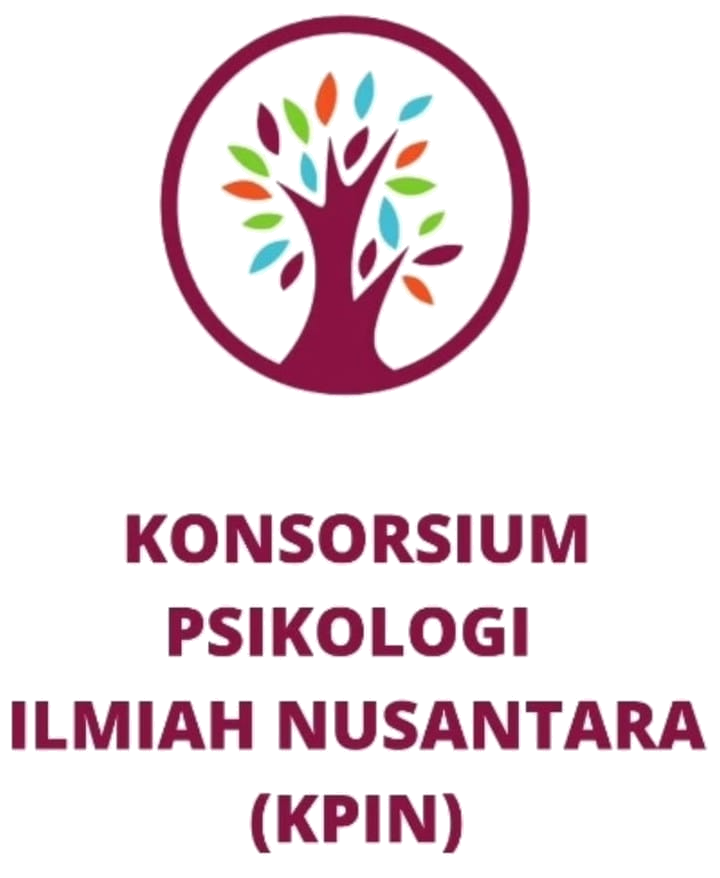Efektivitas Pelatihan Psychological Capital Untuk Mengurangi Teacher Burnout Pada Guru SMK
DOI:
https://doi.org/10.35814/mindset.v13i01.2959Keywords:
Psychological Capital, Teacher Burnout, trainingAbstract
Over the course of COVID-19 pandemic, teachers were given lots of new tasks to adapt and prepare long distance learning programs for their students. Those conditions pose risks to the teacher's physical and mental state. This paper showed that some teachers at X Vocational School in Surabaya experience teacher burnout. Burnout is a very common occurrence in individuals who work in the service industry, including teachers. 14 Vocational School teachers who showed medium to high levels of teacher burnout were treated with psychological capital training to reduce the burnout level. Teachers were trained to develop and apply four aspects of psychological capital; hope, efficacy, resilience, and optimism (HERO) in six training sessions. This research showed negative correlation between psychological capital with teacher burnout (r=-0.958**), there was a significant difference between teacher burnout before and after treatment (p=0.001), but there was no significant difference between psychological capital before and after treatment (p=0.417). This research concluded that even though some teachers have good psychological capital levels, they still need to be trained to develop and apply it to prevent teacher burnout.
References
Aliyev, R., & Tunc, E. (2015). Self-efficacy in Counseling: The Role of Organizational Psychological Capital, Job Satisfaction, and Burnout. Procedia - Social and Behavioral Sciences, 190(November 2014), 97–105. https://doi.org/10.1016/j.sbspro.2015.04.922
Asheghi, H., Asheghi, M., & Hesari, M. (2020). Mediation Role of Psychological Capital Between Job Stress, Burnout, and Mental Health Among Nurses. Practice in Clinical Psychology, 8(2), 99–108. https://doi.org/10.32598/jpcp.8.2.716.1
Ferradás, M. del M., Freire, C., García-Bértoa, A., Núñez, J. C., & Rodríguez, S. (2019). Teacher profiles of psychological capital and their relationship with burnout. Sustainability (Switzerland), 11(18), 1–18. https://doi.org/10.3390/su11185096
Freire, C., Ferradás, M. D. M., García-Bértoa, A., Núñez, J. C., Rodríguez, S., & Piñeiro, I. (2020). Psychological capital and burnout in teachers: The mediating role of flourishing. International Journal of Environmental Research and Public Health, 17(22), 1–14. https://doi.org/10.3390/ijerph17228403
Hansen, A., Buitendach, J. H., & Kanengoni, H. (2015). Psychological capital, subjective well-being, burnout and job satisfaction amongst educators in the Umlazi region in South Africa. SA Journal of Human Resource Management, 13(1), 1–9. https://doi.org/10.4102/sajhrm.v13i1.621
Iancu, A. E., Rusu, A., Măroiu, C., Păcurar, R., & Maricuoiu, L. P. (2018). The Effectiveness of Interventions Aimed at Reducing Teacher Burnout: a Meta-Analysis. Educational Psychology Review, 30(2), 373–396. https://doi.org/10.1007/s10648-017-9420-8
Kim, J. H., Keck, P., Miller, D., & Gonzalez, R. (2012). Introduction to Positive Psychology: Overview and Controversies. Journal of Asia Pacific Counseling, 2(1), 45–60. https://doi.org/10.18401/2012.2.1.3
López-Núñez, M. I., Rubio-Valdehita, S., Diaz-Ramiro, E. M., & Aparicio-García, M. E. (2020). Psychological capital, workload, and burnout: What’s new? The impact of personal accomplishment to promote sustainableworking conditions. Sustainability (Switzerland), 12(19), 1–13. https://doi.org/10.3390/su12198124
Pu, J., Hou, H., Ma, R., & Sang, J. (2016). The effect of psychological capital between work–family conflict and job burnout in Chinese university teachers: Testing for mediation and moderation. Journal of Health Psychology, 22(14), 1799–1807. https://doi.org/10.1177/1359105316636950
Saloviita, T., & Pakarinen, E. (2021). Teacher burnout explained: Teacher-, student-, and organisation-level variables. Teaching and Teacher Education, 97(May 2012), 1–14. https://doi.org/10.1016/j.tate.2020.103221
Sokal, L., Trudel, L. E., & Babb, J. (2021). I’ve had it! Factors associated with burnout and low organizational commitment in Canadian teachers during the second wave of the COVID-19 pandemic. International Journal of Educational Research Open, 2–2(November 2020), 1–9. https://doi.org/10.1016/j.ijedro.2020.100023
Yuwanto, L. (2012). Pengantar Metode Penelitian Eksperimen. CV. Dwiputra Pustaka Jaya.
Zhang, Y., Zhang, S., & Hua, W. (2019). The Impact of Psychological Capital and Occupational Stress on Teacher Burnout: Mediating Role of Coping Styles. Asia-Pacific Education Researcher, 28(4), 339–349. https://doi.org/10.1007/s40299-019-00446-4












